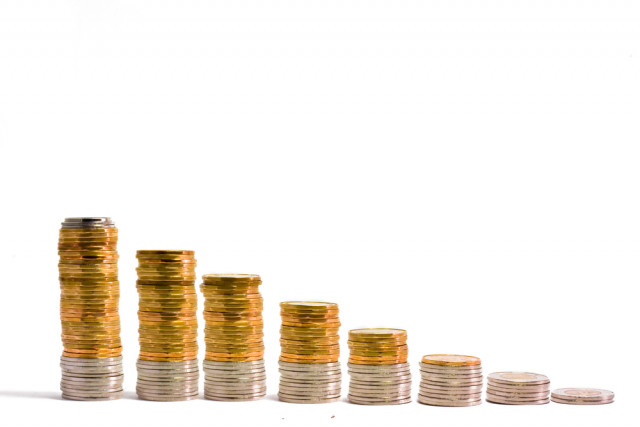Revenue collection: Govt rolls back some taxes on large retailers
Officials say move aimed at incentivising documentation of the economy

Officials say move aimed at incentivising documentation of the economy. STOCK IMAGE
In an apparent concession to its core vote bank, the PML-N government has decided to partially reverse its earlier decision to bring retailers into the tax net, even as it continues to increase tax rates on sectors already heavily taxed.
In June 2014, Finance Minister Ishaq Dar had announced that the government would be levying the standard 17% sales tax rate from what were defined as ‘first tier’ retailers and 5% to 7.5% from ‘second tier’ retailers. The first tier was defined as retailers meeting any one of the following four conditions: a store that is part of a national or international retail chain, operates in an air-conditioned shopping mall, has an electricity bill of more than Rs50,000 a month, or has the ability to accept credit and debit card payments.
The finance ministry appears to have removed this last condition. From now on, retailers who can accept credit and debit card payments, but do not meet any of the other criteria, will not be subject to the 17% tax rate. Government officials said the remaining three conditions would stay in place.

The government’s reasoning for the decision was that the tax code would disincentivise retailers from accepting credit and debit cards, thus reducing the amount of documented activity that took place in the economy.
The decision was taken after a meeting between the finance minister and representatives of retail and wholesale traders. Two members of the ruling PML-N – Pervez Malik and Mian Abdul Manan – served as representatives of traders.
The government had implemented its earlier decision to tax retailers through Statutory Regulatory Order (SRO) 608. After the meeting with the two MNAs, implementation of parts of the SRO was suspended, said one finance ministry official. An official at the Federal Board of Revenue (FBR) said the tax authority would simply stop implementing the tax on retailers without the government actively changing the letter of the law, in a bid to avoid a public backlash.
The move has been taken at a time when the government has slapped roughly Rs50 billion new taxes through three ‘mini-budgets’ in as many months, which will affect all households, irrespective of income levels, because they are levied on essential items like fuel. The taxes were imposed without Parliament’s consent and are aimed at achieving the already lowered revenue collection target of Rs2,691 billion.
“The FBR has been facing criticism for not achieving its tax collection targets but it is the necessary political will that is missing at the moment,” said another FBR official on condition of anonymity.
Under SRO 608, the government had asked the retailers to get registered under the Sales Tax Act and place electronic registers at their shops.
Yet due to resistance put up by the politically influential retailer class, coupled with weak enforcement by the FBR, the government has not been successful in bringing this as yet untaxed sector of the economy into the tax net, admitted FBR officials. They added the number of newly registered retailers is even lower than the number of retail shops in the biggest shopping mall in Islamabad. FBR officials also said that the amount FBR’s field offices have collected under this SRO was less than the monthly salary of the FBR chairman.
The officials said the collection made by banks on account of 5% and 7.5% of gross monthly electricity bill could be called reasonable, as it did not involve any efforts put by the FBR. However, this clause of the SRO 608 was also reportedly misused as the 5% and 7.5% sales tax was also collected from those who are not retailers but have other businesses.
Published in The Express Tribune, February 15th, 2015.



















COMMENTS
Comments are moderated and generally will be posted if they are on-topic and not abusive.
For more information, please see our Comments FAQ